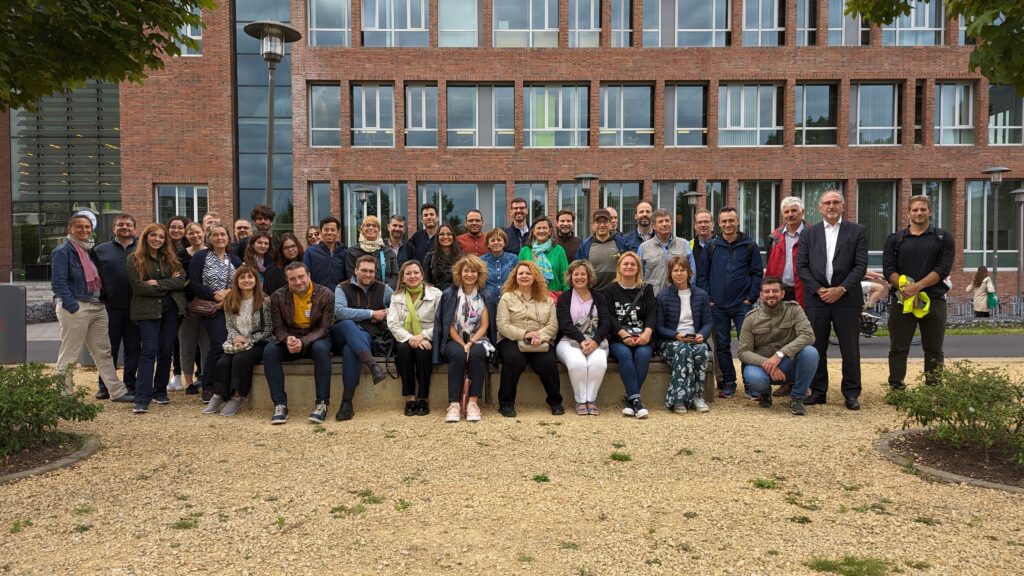This week MIDAS partners are in the Netherlands, for the second project meeting, hosted by Wageningen University and Research. Now at month 8 since the start, the project is already well on track and progressing with its initial activities.
We are improving our understanding of marginal land in the EU and in Serbia, creating a spatially explicit classification and information system of their current and future extension, that includes their potential for producing sustainable biomass, as well as the challenges and the possible co-benefits on soil health, biodiversity and ecosystem services.
We are also optimizing a series of industrial crops to grow on marginal land, by using both fast breeding techniques and innovative agronomic practices such as intercropping, that are being tested at our demo fields, many of which have been already established in the last few months, while others are in progress. We are growing castor, crambe, safflower, carinata, hemp, sorghum, miscanthus, willow, siberian elm and specialty crops such as guayule and lavender, that provide biomass for the downstream parts of the MIDAS bio-based value chains.
What do we produce with this biomass? Our industrial partners are already developing a wide range of biobased products, in collaboration with the research organizations in the project, such as biolubricants, biodegradable-in-soil mulch film, bioherbicides from pelargonic acid, plant biostimulants, particle boards, MDF boards, adhesives and coatings, latex, rubber for tires, biochar and nanoparticles.
All those ongoing activities are generating precious data that our research partners are collecting and analyzing to ultimately design the most resource-efficient bio-based value chains, and to demonstrate their full sustainability through detailed environmental and socio-economic assessments.
Follow us for more updates!


